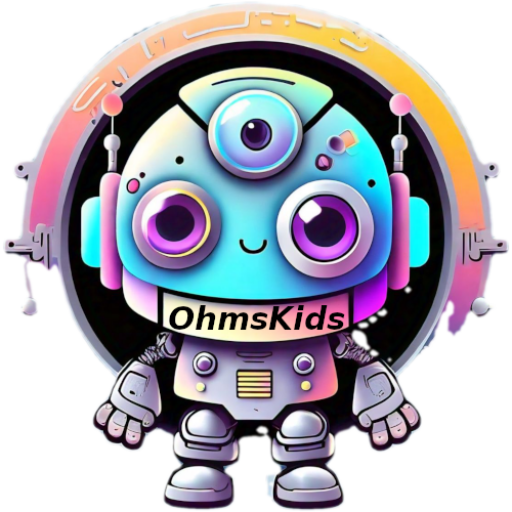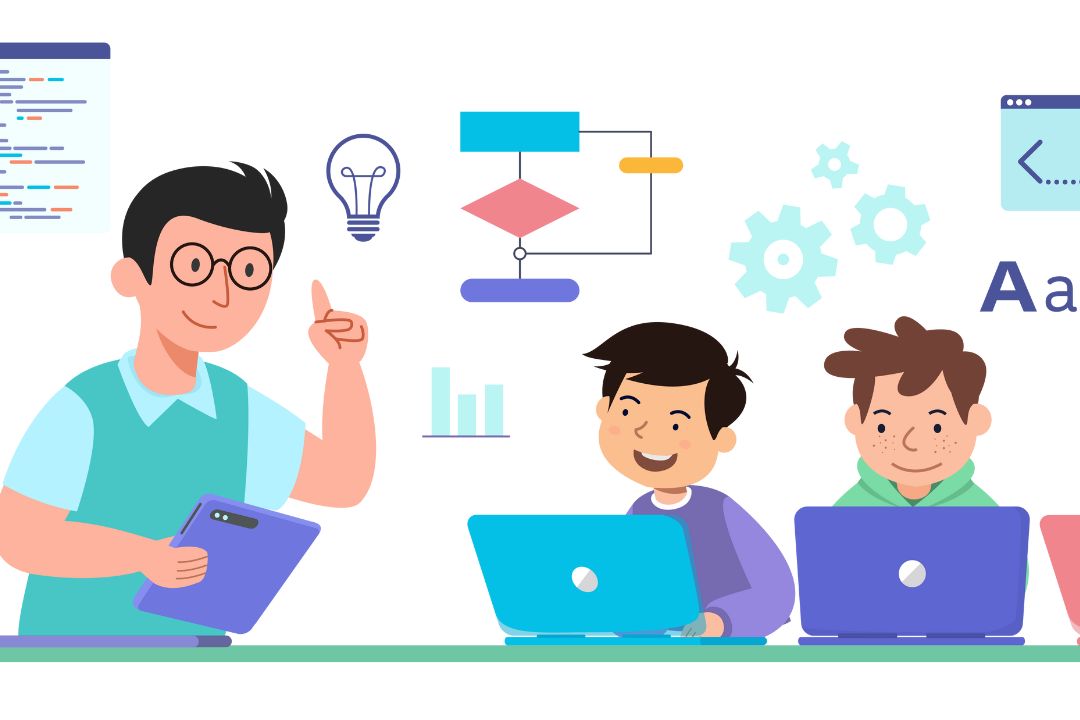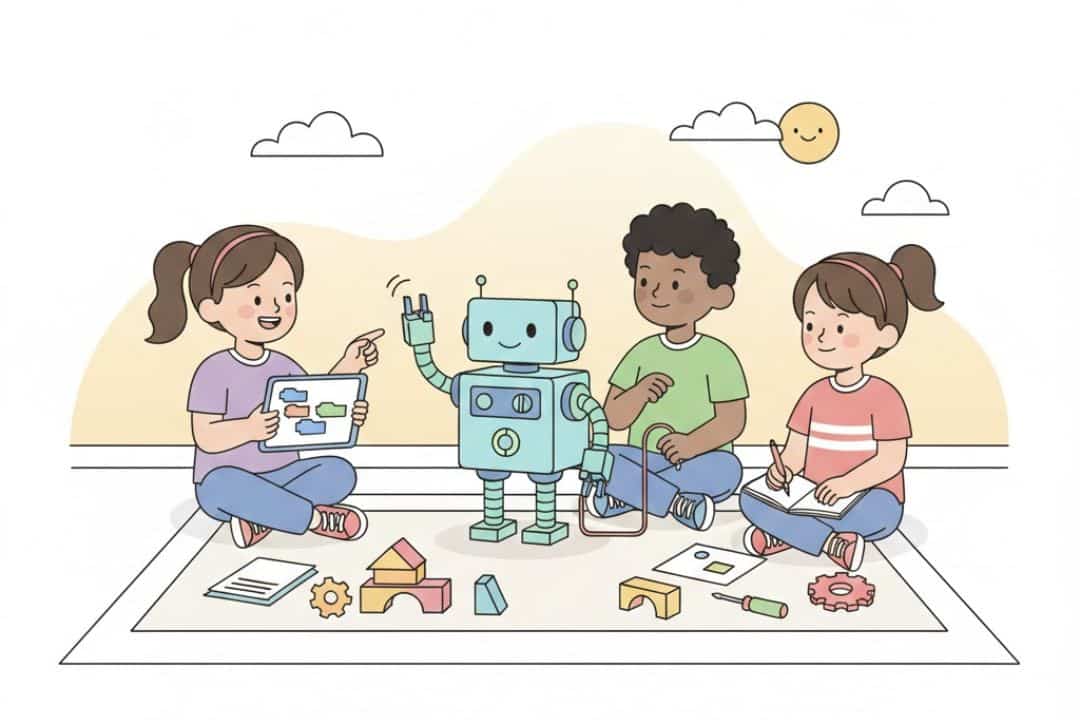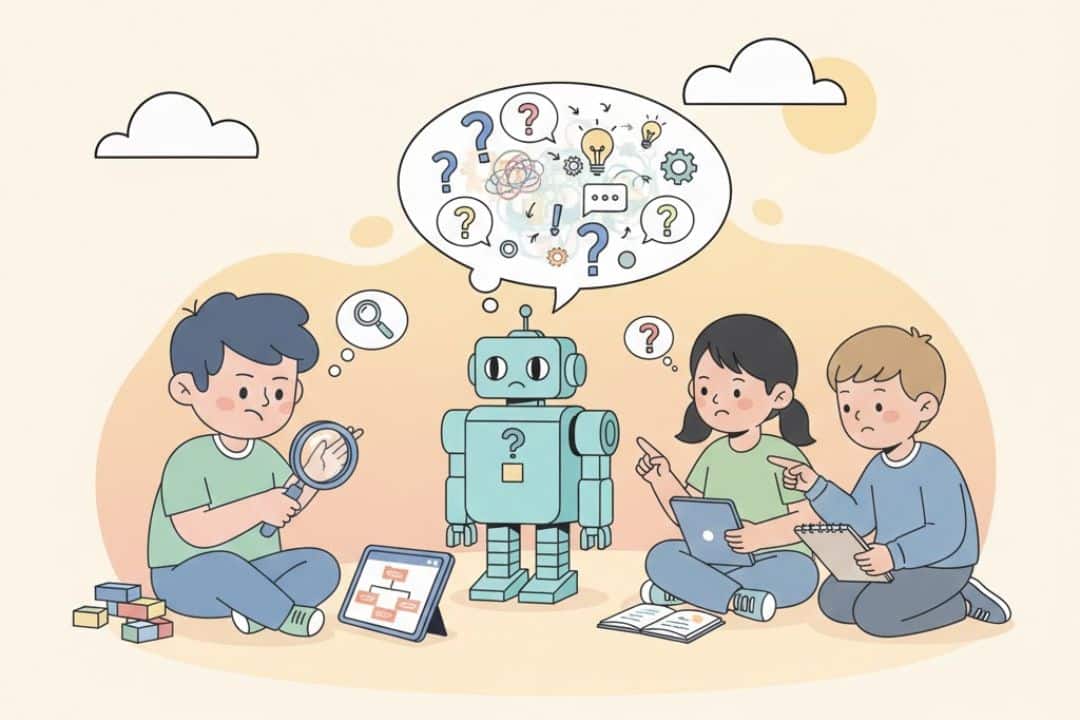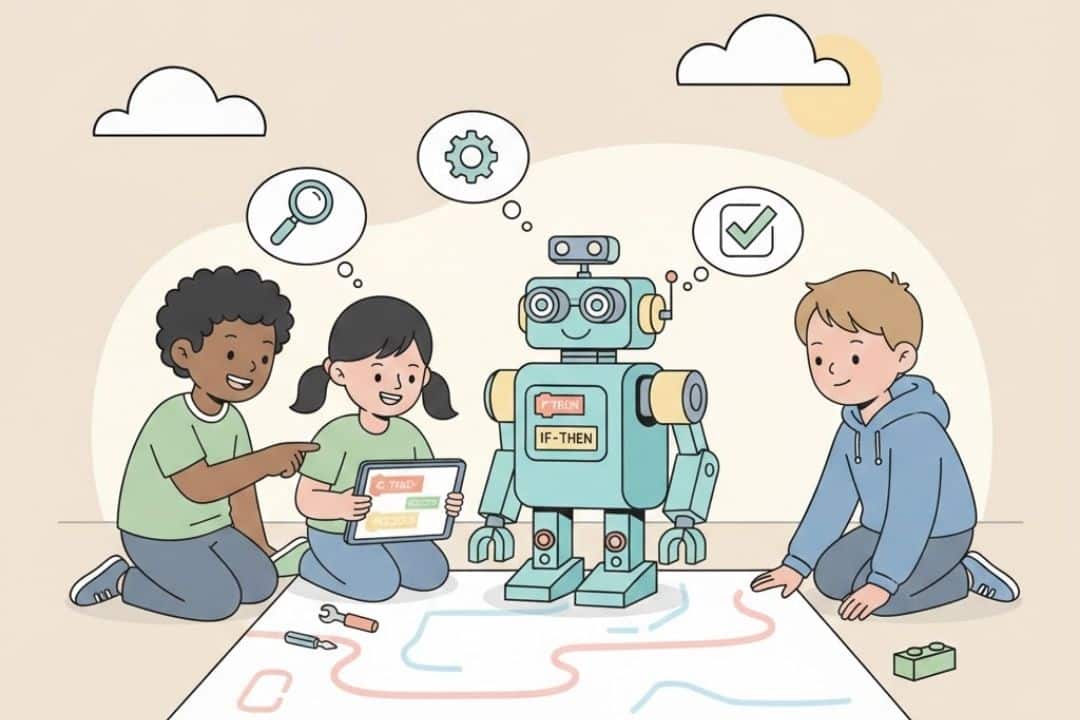1. Enhancing Problem-Solving Skills
One of the most significant benefits of coding classes is the development of problem-solving abilities. When children learn to code, they are taught to break down complex tasks into smaller, manageable steps—a process known as computational thinking. This logical approach helps children tackle challenges in coding and everyday life, strengthening their ability to think critically and find solutions independently.
For instance, when a child is creating a simple game using Scratch or Scratch Junior, they need to troubleshoot errors, identify bugs, and adjust their code to achieve the desired outcome. This process fosters resilience and perseverance, teaching kids that mistakes are part of learning and growth.
2. Encouraging Creativity and Innovation
Coding is not just about numbers and syntax; it is also a highly creative activity. When children learn to code, they are given the freedom to create stories, animations, and games based on their imagination. Through coding classes, kids can transform their ideas into digital projects, bringing their creativity to life in an interactive and engaging way.
By working on hands-on coding projects, children develop innovative thinking skills that can be applied in various fields, from game development to robotics and even entrepreneurship. This creative mindset prepares them to be future innovators who can think outside the box and develop groundbreaking solutions.
3. Strengthening Critical Thinking and Logical Reasoning
Coding requires logical thinking and reasoning, skills that are crucial for success in academics and everyday problem-solving. Through coding classes, children learn to organize their thoughts, follow structured sequences, and develop algorithms that produce desired outcomes. This logical approach enhances their ability to analyze situations, recognize patterns, and make informed decisions.
Furthermore, coding introduces children to debugging—identifying and fixing errors in their programs. This practice encourages patience, attention to detail, and the ability to think critically when faced with obstacles. These skills are not only beneficial for programming but also for subjects like math and science, where logical reasoning plays a key role.
4. Preparing Kids for Future Careers
The world is rapidly evolving, and technological skills are becoming increasingly important in the workforce. Introducing children to coding at an early age gives them a head start in understanding technology, a fundamental skill in almost every industry today. Whether they pursue a career in programming, engineering, design, or any other field, coding knowledge will give them a competitive advantage.
Many of the world’s top innovators and tech leaders started coding at a young age. By enrolling children in coding classes, parents can equip them with the tools they need to succeed in a tech-driven world and inspire them to explore future career possibilities.
Conclusion
Coding classes are not just about learning a technical skill—they are about developing essential life skills such as problem-solving, creativity, critical thinking, and resilience. By engaging in coding at an early age, children gain the ability to think logically, innovate, and tackle challenges with confidence. Investing in coding education is investing in the future, ensuring that young minds are prepared to thrive in an increasingly digital world.
Give your child the gift of learning through coding classes today and watch them build a brighter future, one line of code at a time!
